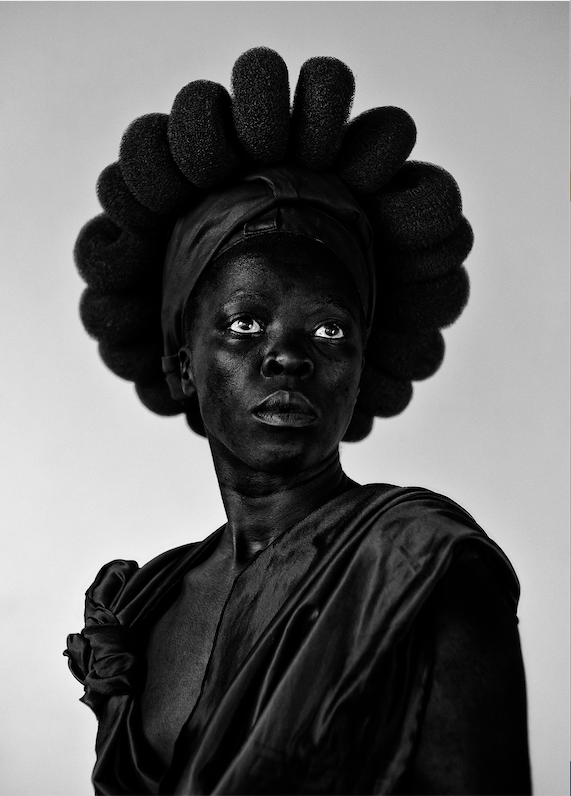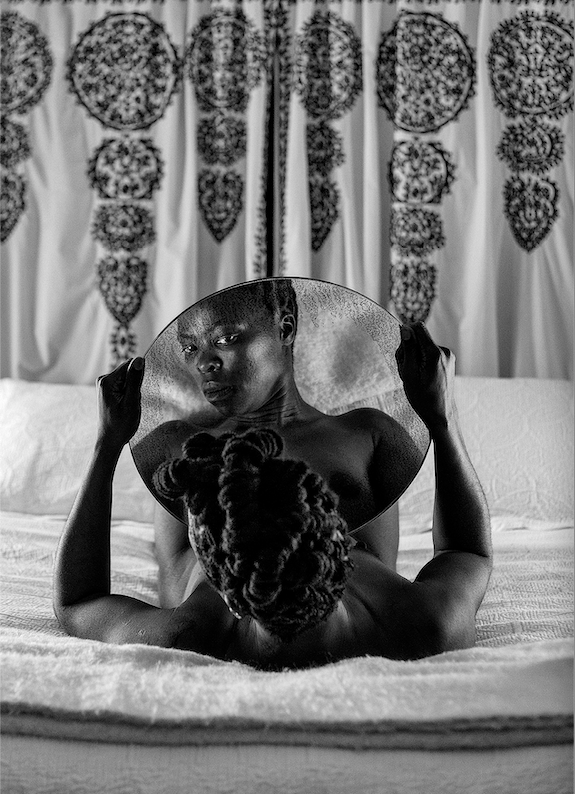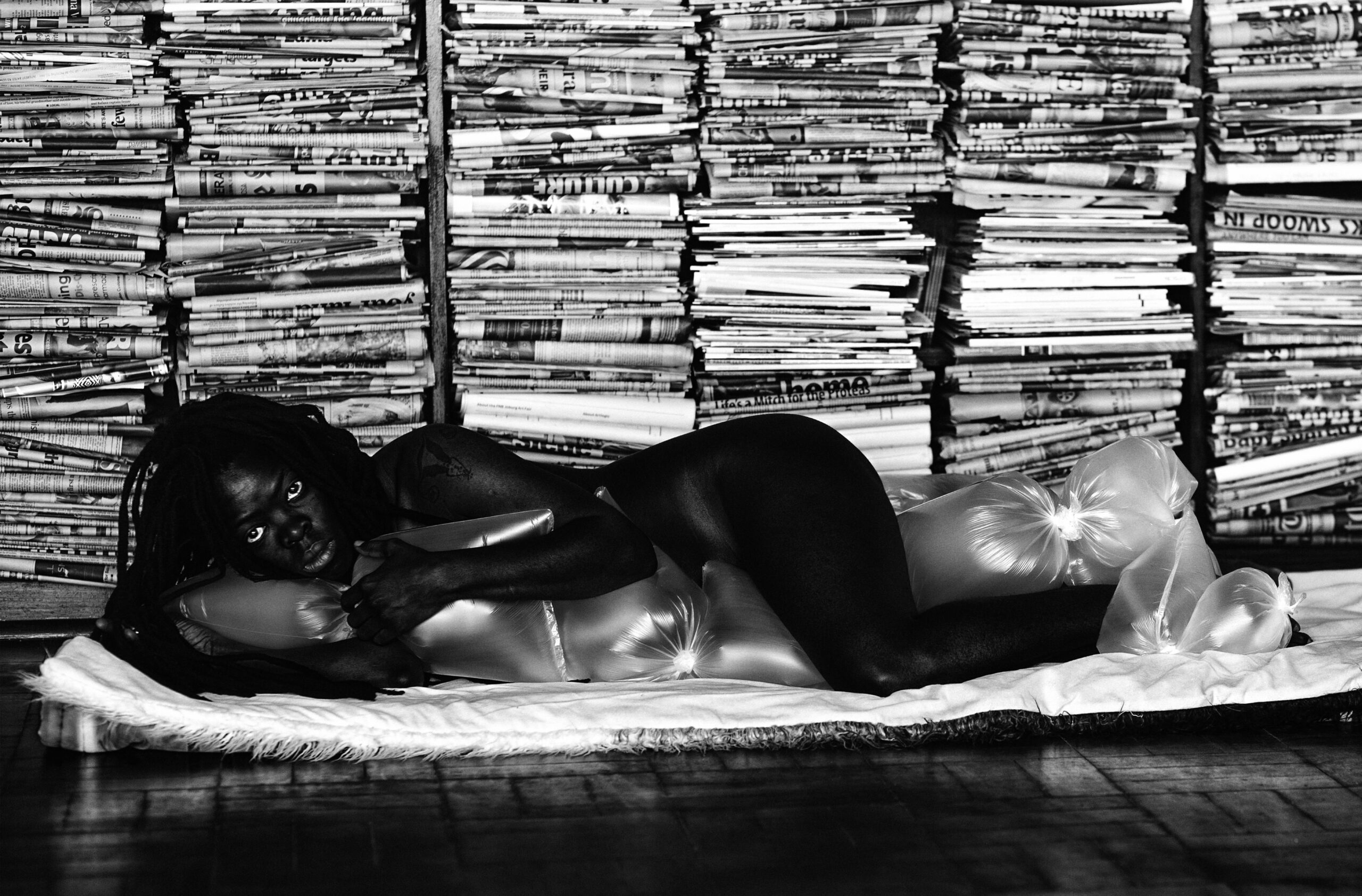The non-binary photographer documenting South Africa’s Queer community
Qinisio, The Sails, Durban, 2019
The urgency to document the diversity of LGBTQIA+ lives will never leave us. Zanele Muholi’s recent exhibition Tate Modern is a crucial example of Black, South African, Queer culture which absolutely deserves to be seen. Fortunately, for the next few weeks, almost 260 of Muholi’s outstanding works will be the latest display of Queer photographs to adorn the walls of Tate. Beautiful, energetic and striking, these fruits from the artist’s career depict stories and struggles from the underrepresented community captured by the lens.
The powerful images are a form of protest. Muholi, who identifies as non-binary, seeks to empower participants of the work by making visible the vast experiences of Queer lives. Touching on themes such as racism, Eurocentrism and sexual violence, Muholi sheds light on the highs and lows of being Queer in post-Apartheid South Africa. Often through stunning portraiture of themself and their participants, the images are testament to lives and bodies that are marked (often physically) by a society that has historically made them ‘Other.’

Ntokakhe II, Parktown – Johannesburg, 2016

Bona, Charlottesville, 2015
In the series Somnyama Ngonyama, the photographer takes highly-contrast black and white self-portraits. Emphasis here is placed on the darkness of their skin – it’s a visual statement that aims to reclaim Blackness with pride. In other series, such as Only Half the Picture and Brave Beauties, Muholi is motivated by setting. Queer figures are captured against the backdrop of weddings, funerals and beauty pageants. These hallmarking life events encapsulate moments of pure emotion, as well the support that comes from belonging to a community.
The display of these intimate photographs offers a platform that legitimises the Black, Queer South African struggle. Particularly for Black lesbians, who were excluded from formal LGBTQIA+ movements until 1994, the history of South African Queer liberation has a very different story. It’s been a life’s work for Muholi to tell it, and the bold intentions of the “visual activist” should never be underestimated. Witness their bravery, educate on the struggle, and share in the feeling of collective empowerment.

Julile 1, Parktown – Johannesburg, 2016
Zanele Muholi is reopening at Tate Modern from 2nd December. Tickets available here
All images courtesy of Tate Modern
Words by Rose Holmshaw